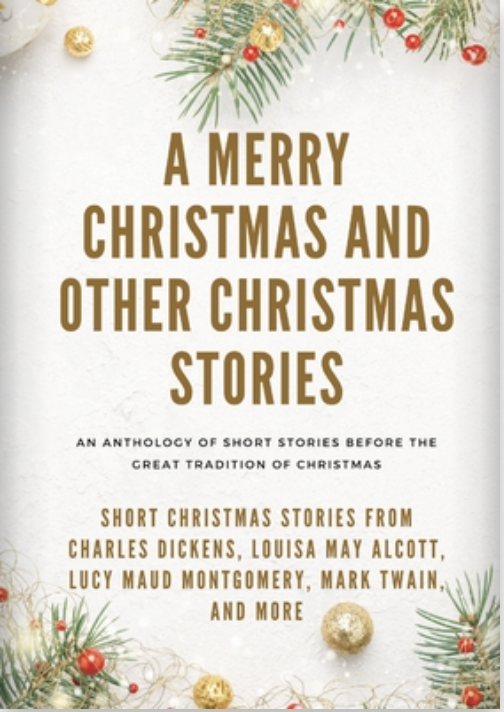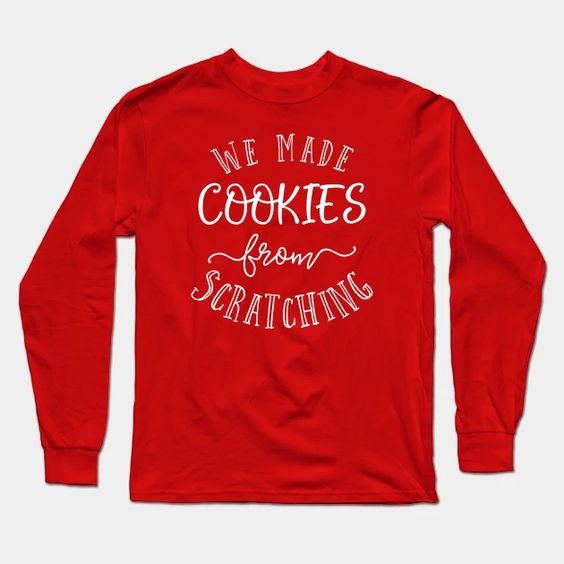Christmas Ice
Holidays on Ice by David Sedaris
What the Holidays Can Teach You About Preservation and Perseverance
Have you ever had a day so bad it made you laugh? A day where everything went wrong, but was not completely devastating, so that it seems more like something a room of TV writers made up to harass one of their characters. Unfortunately, unless we’re all in some reality show that we aren’t aware of, that’s just life, and sometimes, life really sucks.
““A bell has the personality of a cast-iron skillet. It’s like saying that come Christmas, a magic dustpan flied in from the North Pole, led by eight flying cinder blocks. Who wants to stay up all night so they can see a bell?” ”
If there was any year to read Holidays on Ice, it’s 2020, the year that made Murphy’s Law look mild. What could go wrong, did go wrong, one thing after another. I’m not trying to downplay the horrendousness of this year, but if I could, just for a few minutes, suspend my knowledge of the truly terrible things that occurred and focus on the other aspects, like the fact that the entire world was obsessed with toilet paper for a few weeks, then I could easily imagine that the wacky stories that take place in Holidays on Ice could have taken place this year. This collection of short stories is humorous, however, be warned, its humor so dark that it sometimes borders on downright disturbing.
To me, this seems like the twisted kind of thing Lorelai would enjoy reading or the kind of unfeeling speech Emily would make up when having an argument. Lord of the Rings has more Christmas spirit, in my opinion, than these stories, but I’ll save that for another year.
“‘You’re an elf and you’re going to wear panties like an elf.’” ”
The first short story depicts the day to day thoughts of a Macy’s department store elf. While this elf is just into elfery because he’s desperate for work, I couldn’t help think of another elf. You might be familiar with him; he likes to put syrup on his spaghetti, smile (that’s his favorite), and singing loud for all to hear. Yes, it’s Buddy the elf. The juxtaposition of these two elves is a bit like having the devil and the angel on your shoulder; one shows you the bad in the world, and the other shows you the good.
From there, we are introduced to the Dunbar family tragedy via their annual holiday letter, a review of a children’s play that’s so vicious it rivals Rory Gilmore’s review of the Yale ballet, and a pair of neighbors so competitive about giving that they end up giving away most of their own organs just to one-up their competition. I told you it was dark.
Looking back at this year and the stories in this book, the situation feels more doom and gloom than is usual for this time of year. But the Christmas holidays have a dark history of their own.
Around the time I was reading Holidays on Ice, I was also reading Christmas: A Biography by Judith Flanders. The book details, as the title suggests, an in-depth look at the origins, traditions, and evolution of Christmas. What surprised me most, was the animosity and disdain toward and belittlement of Christmas. Yes, there was a time when Christmas was banned and hefty fines were levied for those caught celebrating. Only after many, many years did Christmas become a holiday that even distantly resembles the holiday we know today. In fact, Christmas just became an official holiday in Scotland in 1958! In the scheme of things, that’s not so long ago. So how did the worst time or the most normal time of the year transform into the most wonderful time of the year?
Even when it wasn’t popular, banned, or only thought of as a children’s holiday, Christmas was still there. From the time of the Tudors to the early American colonies, Christmas has morphed and shifted to meet the current culture, beliefs, and adapted to the newest technology, it’s details and traditions changing, and yet, somehow remaining the same. It’s a relatable tale of ups and downs that would make sense for any year, but the events of 2020 make it all the more poignant.
“‘While this past year has certainly dealt our family a heavy hand of sorrow and tribulation, we have (so far!) weathered the storm and shall continue to do so! Our tree is standing tall in the living room, the stockings are hung, and we are eagerly awaiting the arrival of a certain gentleman who goes by the name of ‘Saint nick’ !!!!!!!!” ”
In the title, and even the cover of the Holidays on Ice, ice is depicted as a bad thing, causing chaos for the previously serene skaters and indicating the holiday disasters that await the reader inside the book. For these short stories and even for this year, ice does foreshadow some unfortunate events, but it’s not always the harbinger of doom.
A large part of our ice usage today goes toward preservation. Food kept for a few days is refrigerated, for weeks or even months when stored in the freezer. Organs are kept alive and healthy in a bucket of ice water while waiting to be restored to their owners or placed in icy coolers for transplant surgeries. Both wonderful usages for frozen water that have arisen from the advancement of technology and the human capacity for survival and growth.
This year we have more than ice to contend with. Events will be canceled, gatherings will be scaled down or eliminated, and traditions will be put on pause. And that will be difficult for all of us. But it does fit in with the vacillating history not just of Christmas, but of the world and of humankind. There are bad times and good times, times of rationing and of plenty, of company and solitude, of the individual and of the people as a whole.
Taking a closer look at our history, the current situation, and the books on my bookshelf, two words continue to come to my mind: preservation and perseverance, the act of saving that which we deem important, and the act and mindset of forging ahead despite setbacks or loss.
As soon as I began to meditate on those two ideas, an image formed in my mind. Two stately lions of stone, regally looking out over their domain, tasked with protecting an immeasurable pantheon of knowledge and those that seek that knowledge. Those lions are well known around the world, but only a true bibliophile, and a true New Yorker, know the names of those lions: Patience and Fortitude. I often pass by those lions, and they hold a special place in my heart not just because of the kingdom of books they represent, but because they’re also symbols of the lessons books can teach us, lessons of Patience and Fortitude, preservation and perseverance.
It’s times like these, when every day seems to be a struggle, that we need to keep those words close to our hearts to help us get through our struggles; that’s how we survive. We adapt, we change, but some things of the past are always there, fueling each cultural rebirth. We preserve what matters and persevere through the storm so that we can create a better future. It’s what we’ve done before, and it’s what we’ll do again the next time tragedy strikes.
It’s the circle of Christmas, the circle of literature, and the circle of life.
These two principles will take us through the holidays and into a new year. We’ll make new traditions with the characteristics of the old ones. New technology will be built from the discoveries of previous creations. New ideas will be founded on principles from centuries ago. This may be in a rough period, like a time long ago when Christmas was banned, but we’ll wait it out, we’ll preserve and persevere, and one day, we’ll be back, better and stronger.
Happy Holidays and Happy New Year from the Gilmore Book Club.
Book Recommendations
If you liked this blog post and Holidays on Ice, here’s what to read next.
This page may contain affiliate links. For those purchases, the Gilmore Book Club receives a small commission- thanks!













